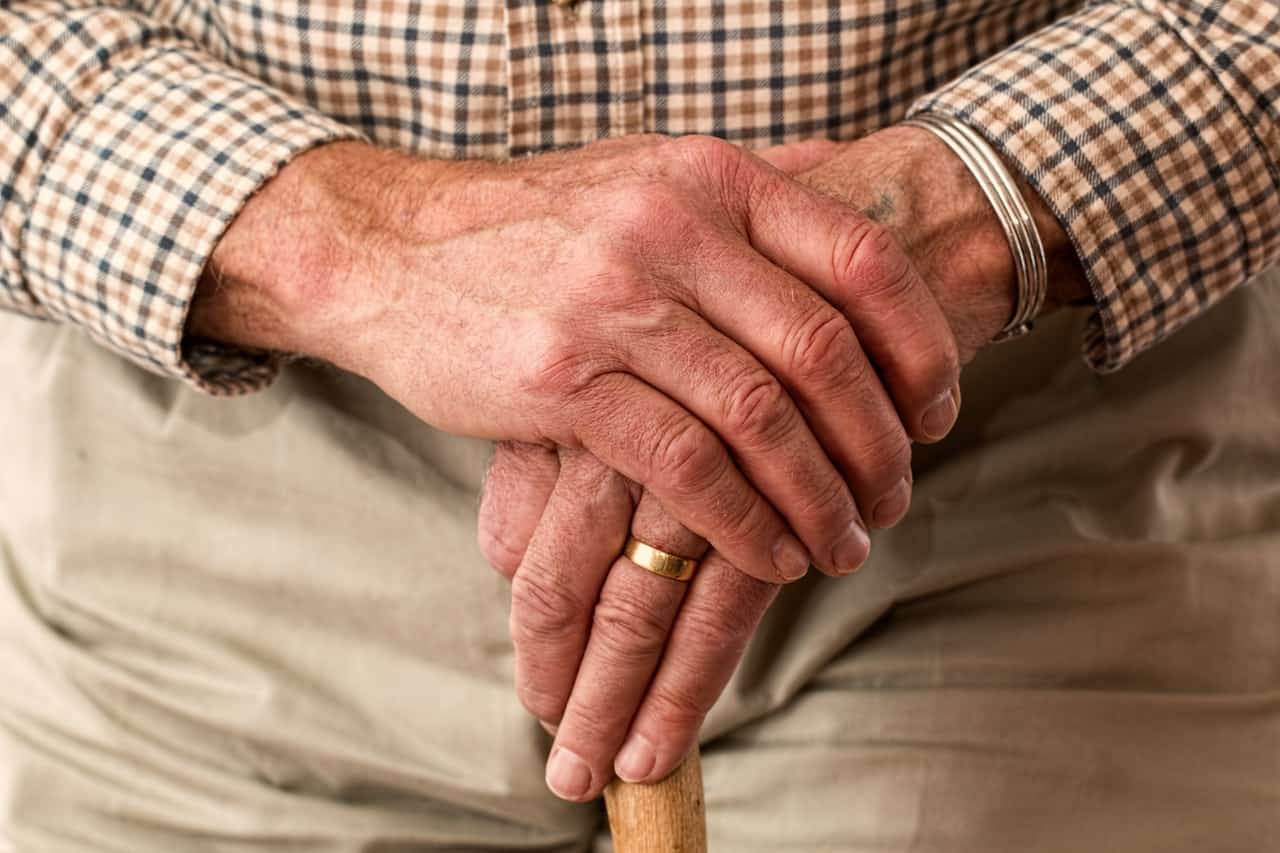When we think of nursing home abuse, it is often purely physical. You’ve probably heard horror stories of elderly patients left bruised and injured from rough care. Nursing home abuse can also be non-physical, which is much harder to detect and prove – but no less dangerous. It can leave lasting psychological scars which can result in physical symptoms, among other problems.
One of the most difficult aspects of non-physical abuse is that it’s not immediately obvious. Your loved one might be suffering, but unless you’re there to witness the problem, you might not realize until it’s too late. Personality and behavioral changes are usually the biggest indication that something is wrong.
Behavioral Signs of Non-Physical Abuse
If you see these signs in your loved one, consider contacting an attorney. They may be able to help protect your elderly relative.
- Self-harm. No one wants to be in a nursing home, and some patients make that very clear. If they’re starting to threaten self-harm, whether that’s suicide, cutting, refusing to eat, or other serious symptoms, this could be a sign of nursing home abuse. Either way, it’s important to make sure they get some form of help.
- If your loved one is withdrawing from social or other activities they used to enjoy, for no obvious health reason, this could be a sign their caretakers are abusing them.
- Eating, sleeping and weight changes. Sometimes dramatic sleep, eating and weight changes are a sign of non-physical abuse. It might be a sign of depression and other mood disorders—but it could also be that the patient is unable to cope with abusive staff.
- Affinity toward or fear of staff members. If your loved one shows a particular intense love for one staff member over another, or fear toward all of them in general, keep a close eye on their care. Sometimes it means they particularly connect with one person, but other times, it means that’s the only person who treats them kindly.
- Repetitive behavior. If your loved one shows strange repetitive behavior like rocking back and forth, chewing on their hand, pulling their hair out or sucking on their hands, this could be a sign of non-physical abuse.
If you suspect your loved one is suffering from nursing home abuse, but you’re not sure what to do, contact an experienced attorney.
An Ohio nursing home abuse attorney can speak with you today about your case. Call Dworken & Bernstein for a consultation.







